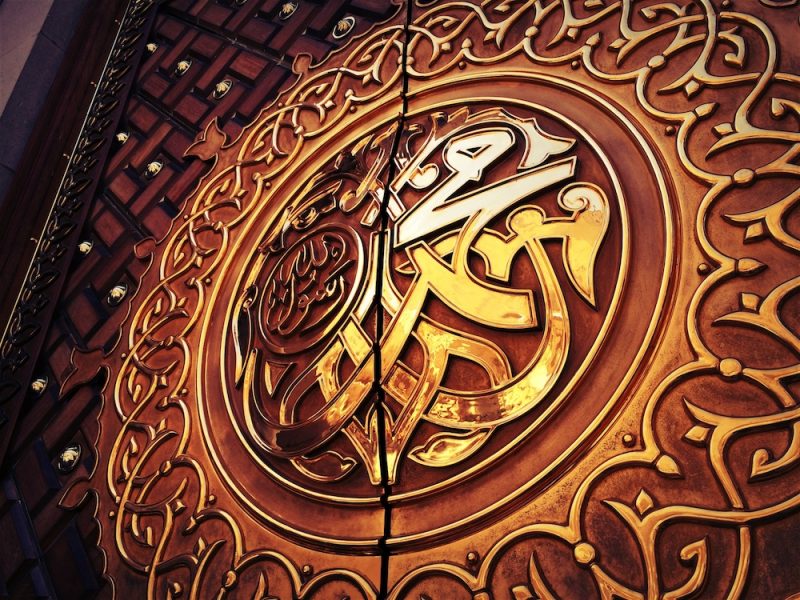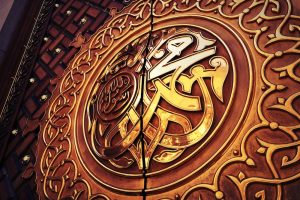
© Shutterstock
In the Holy Qur’an the Holy Prophet Muhammad (sa) has been declared the ‘Chief of all the Prophets’ and his ummah [nation] as the best ummah. The greatest demand of this high status and office is the service of mankind. The Holy Qur’an saysكُنتُمۡ خَيۡرَ أُمَّةٍ أُخۡرِجَتۡ لِلنَّاسِ ‘You are the best people raised for the good of mankind.’ (3:111) Thus, by serving humanity, Muslims can truly prove themselves to be the best ummah. To emphasise this point, the Holy Prophet Muhammad (sa) said, سَيِّدُ الْقَوْمِ خَادِمُهُمْ ‘The chief of a nation is its servant.’ Throughout his life he lived up to this principle and proved himself to be the ‘Chief of All Mankind’.
The Holy Prophet Muhammad (sa) said, ‘Faith is another name for compassion.’ The listeners asked him, ‘To whom should we be compassionate?’ The Holy Prophet (sa) replied, ‘Allah, His book, His Messenger, the Muslim Ummah and the general public.’
The Holy Prophet Muhammad (sa), with his beautiful and comprehensive teachings, performed the greatest service to humanity and established the sanctity of human life, honour and property. He used to say, ‘A Muslim is the one from whose hand and tongue other Muslims are safe.’
‘And a believer is one from whom other human beings are safe.’
Hazrat ‘Abdullah bin ‘Umar (ra) narrates that once a person asked the Holy Prophet Muhammad (sa) as to who were the people whom Allah loved the most and what were the deeds that pleased Him the most. The Holy Prophet Muhammad (sa) replied, ‘Allah loves those people the most, who are the most beneficial to others, and Allah’s best-loved action is the one that makes another Muslim happy or removes his affliction, or pays his debt or satisfies his hunger.’ Then the Holy Prophet Muhammad (sa) said, ‘If I myself join in and fulfil the need of a Muslim brother, it would be dearer to me than sitting for i‘tikaf for the whole of one month in this mosque in Madinah. Whosoever controls his anger, God covers up his faults. If a person controls his anger while being in power, God will fill his heart with hope on the Day of Judgment. And if a person sets off to help his brother and does not rest until he accomplishes the task, God would bestow steadfastness upon him on the Day of Judgment, while all the others would be reeling.’
Muhammad (sa) – The Perfect Man (Qadian, India: Nazarat Isha’at, 2015), 254-255.



Add Comment